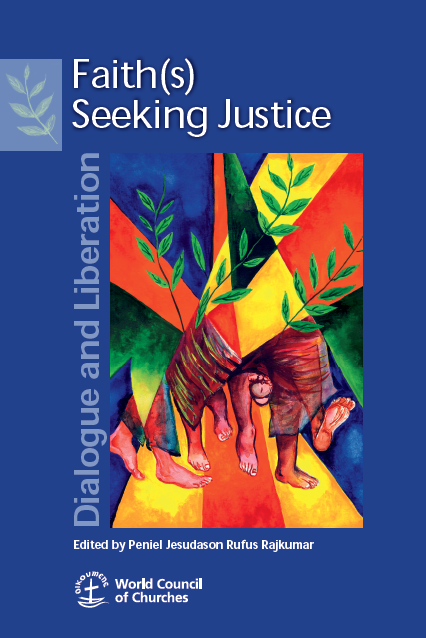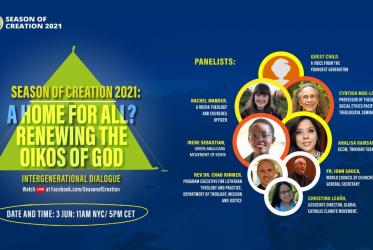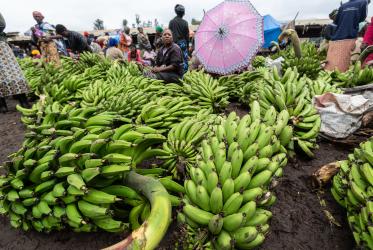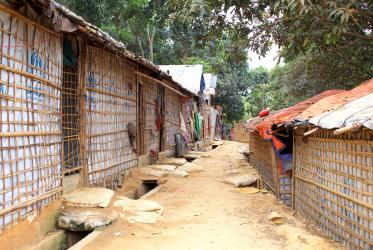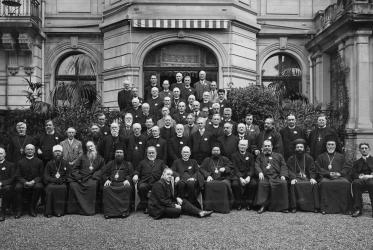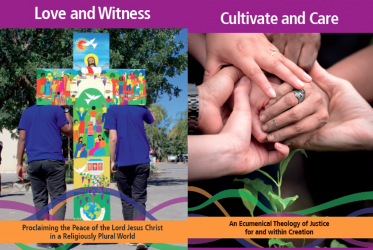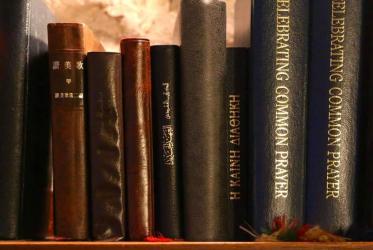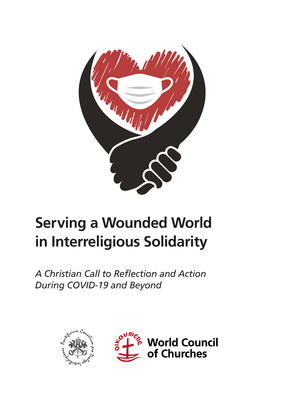Displaying 41 - 60 of 120
Webinar - Intergenerational conversation will commemorate 50 years of WCC’s interreligious inroads
01 July 2021
https://us02web.zoom.us/webinar/register/WN_dwi_li4JTI6FRzEaqGeqvw
Prayer for the nation of Ethiopia
21 June 2021
Season of Creation Intergenerational Dialogue
03 June 2021
Churches and moral discernment: A series of three webinars by WCC Faith and Order Commission
29 April - 15 June 2021
Online-By registration only
Webinar: “Anglican-Orthodox Dialogue: History, Results, Reception”
09 March 2021
Online-By registration only
WCC webinar “Common witness on environmental justice and religious pluralism”
18 February 2021
Online-By registration only
Webinar - "The role of bilateral dialogues within the one ecumenical movement: experience and results"
27 October 2020
https://www.oikoumene.org/live
Serving a Wounded World in Interreligious Solidarity
A Christian Call to Reflection and Action During COVID-19 and Beyond
25 October 2020
